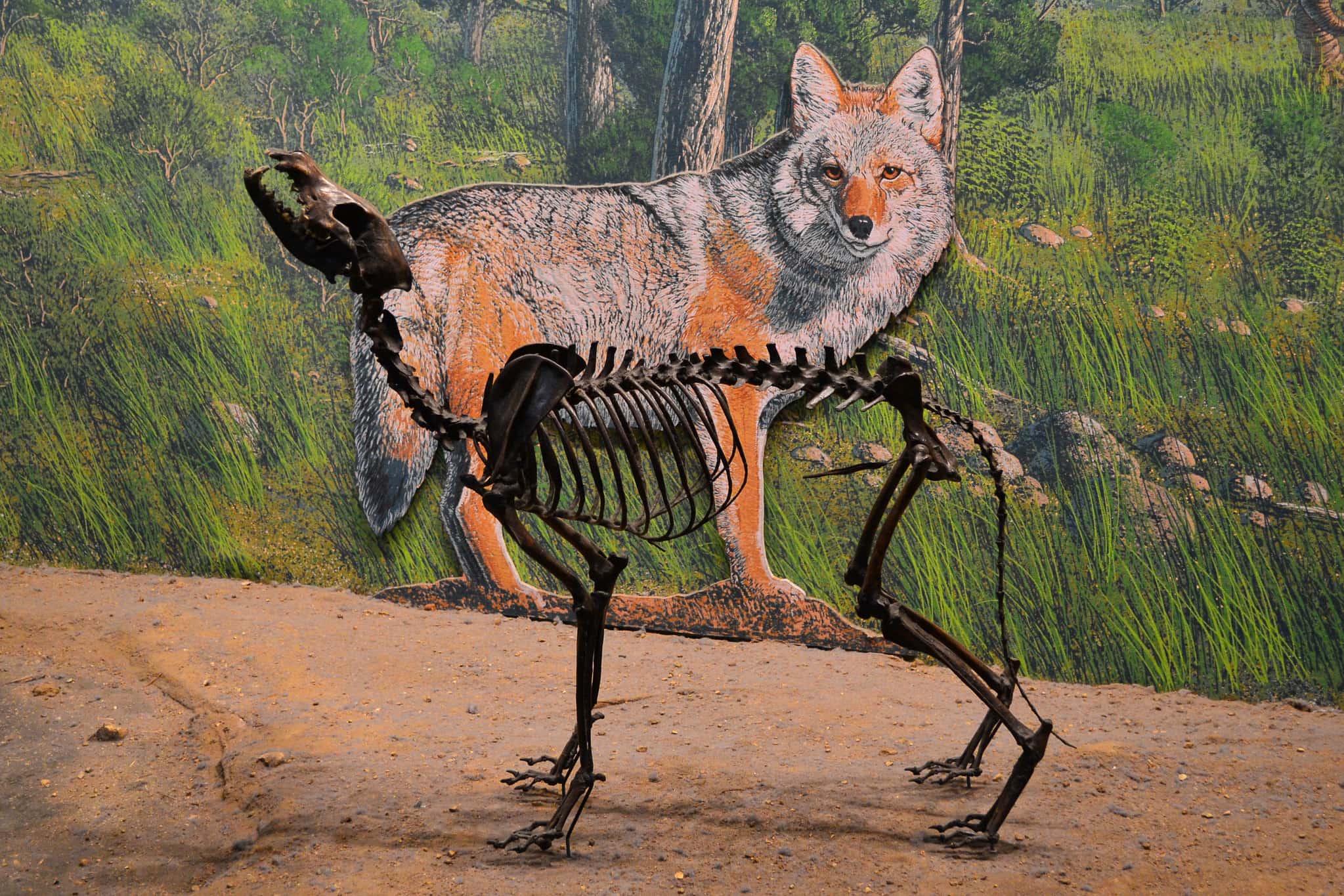

After going extinct approximately 10,000 years ago, the dire wolf has been brought back to life, marking a breakthrough in genetic science as the world’s first de-extinct animal.
This remarkable scientific achievement was accomplished thanks to DNA extracted from two fossils, and 20 edits of the gray wolf’s genetic code, which is the dire wolf’s closest living relative.
The startup, Colossal Biosciences, claims it has created three dire wolf specimens using CRISPR technology. Theyl went as far as successfully picking the color of the wolf’s fur, as studies they have previously carried out showed most of it was white. The company has also named the two male puppies Romulus and Remus. In a homage to the fantasy series Game of Thrones, they named the female pup Khaleesi.
The company expects the trio of dire wolves to mature at 130 to 150 pounds at the 2,000-acre undisclosed location. In comparison, an average grey wolf matures at 80 to 100 pounds.
In a statement, Colossal CEO and co-founder Ben Lamm explained, “Our team took DNA from a 13,000-year-old tooth and a 72,000-year-old skull and made healthy dire wolf puppies,” adding, “It was once said, ‘any sufficiently advanced technology is indistinguishable from magic.’ Today, our team gets to unveil some of the magic they are working on and its broader impact on conservation.”

The bioscience start-up has also collaborated with the legendary Lord of the Rings director Peter Jackson, and Game of Thrones creator George R.R. Martin for the reveal. Jackson is an investor in the company and loaned it the 330-pound Iron Throne prop from the Game of Thrones TV show. The prop had been previously sold in an auction for $1.49 million last year.
The dire wolf is an animal that holds great significance in George R.R. Martin’s fantasy epic, Game of Thrones. It is the animal on the crest of House Stark, one of the main houses in both the books and the TV show.
When Colossal first reached out to Martin, who signed on as a cultural advisor for the startup and investor. The author also flew out to meet Romulus and Remus at the private facility. In a statement, Martin said, “Many people view dire wolves as mythical creatures that only exist in a fantasy world, but in reality, they have a rich history of contributing to the American ecosystem.”

Dire wolves roamed the Americas during the Late Pleistocene. Fossil evidence indicates they existed from about 125,000 years ago until they went extinct 10,000 years ago at the end of the last Ice Age. Experts believe their disappearance is linked to the extinction of large herbivores, which were a crucial part of their diet.
The bioscience start-up has not only successfully brought the dire wolf back to life, but has also cloned two litters of the most critically endangered wolf on the planet, the red wolf.
Additionally, the company is set on bringing back other extinct animals to life, as they are currently working on bringing back the woolly mammoth, the Tasmanian tiger, and even the dodo bird.
Colossal has already announced that it plans to restore the dire wolf as an actual species, and is looking to secure ecological preserves for the wolves to live in in North America.
